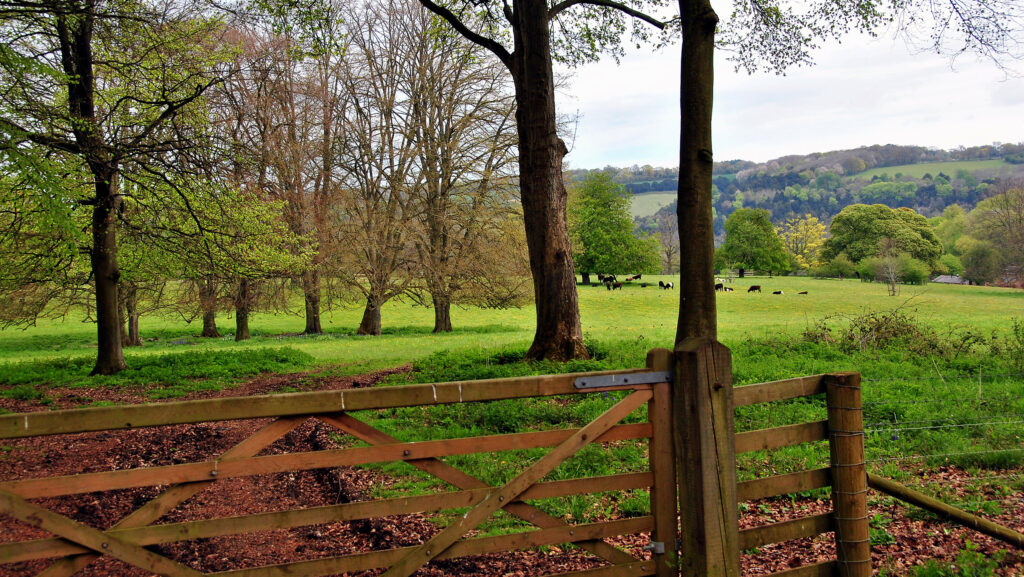Opinion: Why I’m disenchanted with the National Trust
 © Adobe Stock
© Adobe Stock I am middle-aged and middle-class so, naturally, I am a member of the National Trust.
However, while I used to be confident that the Trust was a good thing and was unequivocally happy to support it, now I’m not.
When my subscription comes up for renewal each year, I wrestle with the decision to stay or go. Self-interest has won out so far.
I enjoy visiting historic properties, and the Trust owns so many wonderful ones. I go to enough of them that if I paid each time, I would end up giving the Trust more than the cost of membership.
See also: Opinion – Let’s hope there are farmers left for vets to visit
I also justify my membership as a means of having a say in how the National Trust is run, although for reasons I will come to, my efforts in that direction appear futile.
Various things have contributed to my disenchantment.
Individually they may not have been very significant, but they troubled me when they happened and, over time, they have built up into a picture of high-handed and arrogant behaviour by the Trust.
For example, I recall local unhappiness about the treatment of Beatrix Potter’s properties.
Then there was the occasion when the Trust outbid neighbouring farmers by a huge margin for the land at Thorneythwaite Farm in the Lake District.
The broadcaster Melvyn Bragg was angry enough about that to describe it as a “shameful manoeuvre” in a letter to The Times.
At my nearest Trust property, the successful vineyard was dug up because the winemaker’s lease was terminated.
The reason given at the time was that the Trust intended to reinstate the area as a kitchen garden, but I have been watching and this hasn’t happened. Last time I looked, it was just grassed over.
Some Trust-bashing is clearly just confected outrage.
But I remain beset by the feeling that the Trust’s belief in its own righteousness leads it to conclude that any detriment to individuals is justified – possibly, even, that folk adversely affected by the Trust’s lofty aims ought to be jolly glad they are being sacrificed for the greater good.
I acknowledge that few Trust members seem to share my concerns. Every year I diligently read the papers for the annual general meeting and make up my own mind how to vote. Most members do not.
At last November’s AGM, out of a membership of more than 5 million, less than 100,000 voted.
About half of those used Quick Vote, whereby one box is ticked and votes on all the agenda items are recorded in favour of the Trust’s own recommendations.
The Trust does not appear particularly bothered about this lack of participation, perhaps because the status quo suits it.
Certainly, it looks very difficult for anyone other than the Trust’s recommended candidates to get onto its council, despite a valiant attempt by Lord Sumption, who received more than 40,000 votes in 2023.
Also a shoo-in are the recommended appointing bodies.
The Tenant Farmers Association was not one of the Trust’s preferences this year and, unsurprisingly, it was not elected, whereas the officially sanctioned but woefully ineffectual Keep Britain Tidy was.
Could this have anything to do with the Trust’s ambitions for “nature restoration” on its land, which often seems to entail removing tenant farmers or restricting their farming activities?
It is sadly indicative of my increasing suspicion of the National Trust that I think it might.

